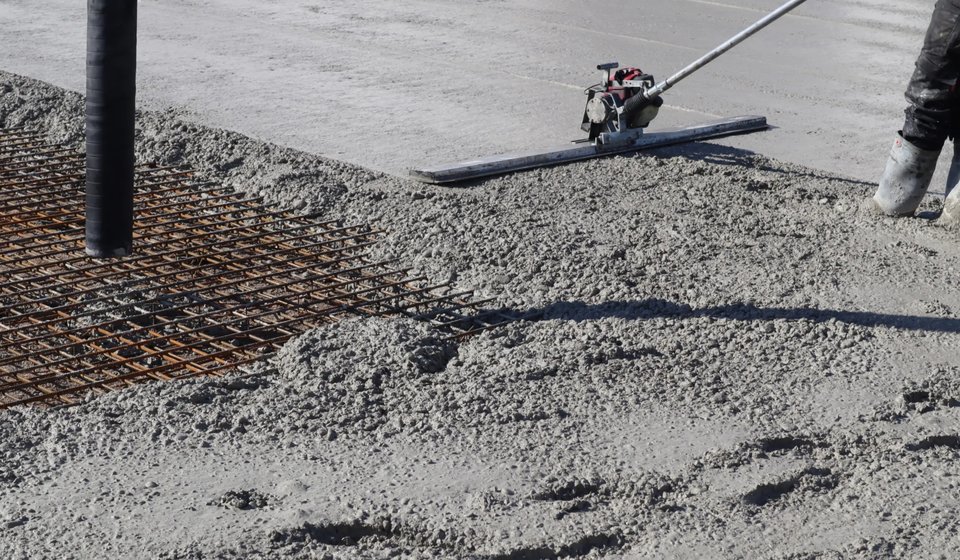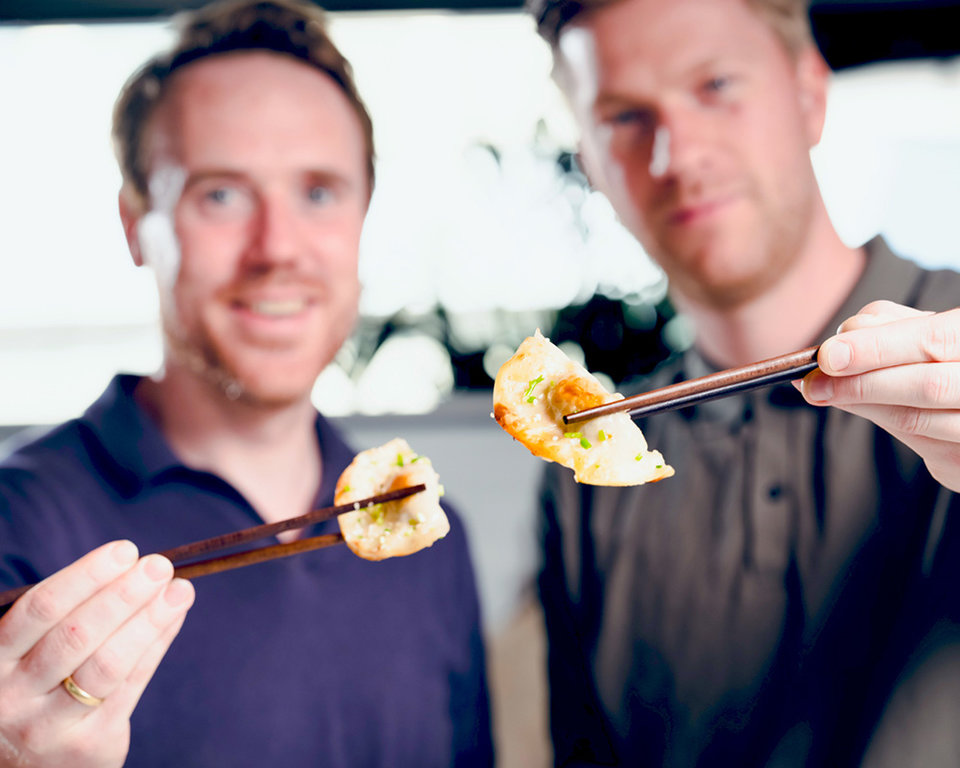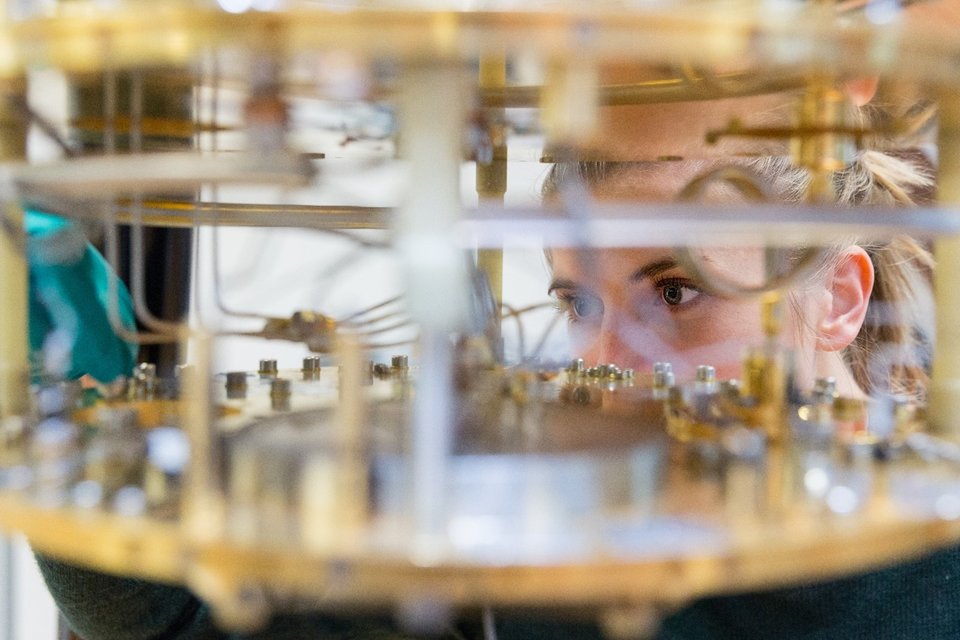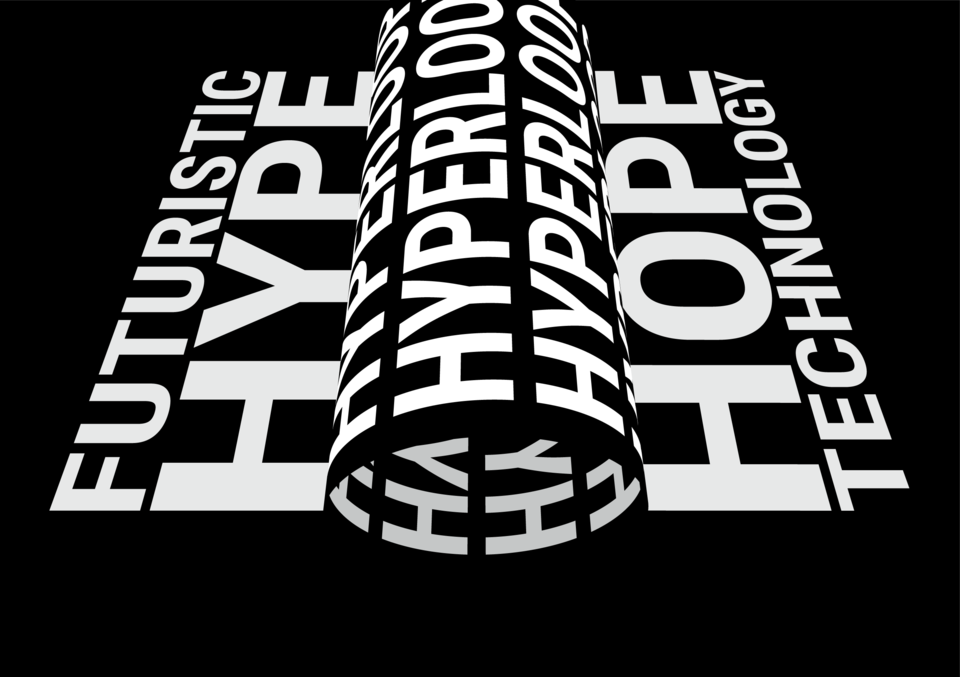AI to improve the world
Artificial Intelligence is neither good nor bad. It is just a tool. Like any tool, it can be used for constructive or destructive purposes. It is, however, a truly revolutionary development and student team Epoch V is committed to showcasing all the good it can do.
By Jurjen Slump • November 5, 2024
For example, the team recently entered an international competition to automate malaria detection. Malaria can be cured within two weeks if diagnosed early, but it takes doctors and nurses a lot of time to analyse blood samples for signs of infected red blood cells indicative of the disease that still kills some 619,000 people worldwide every year.
An AI model could make a valuable contribution by identifying the malaria parasite at an early stage. That’s why the team is training an AI model to recognise infected cells based on a dataset of 3,000 photos of blood samples from Uganda (pictured above).
These kinds of competitions are the best way to make an immediate impact. As a matter of fact, the team won a different competition earlier this year with a model that helps scientists monitor kelp (seaweed) forests – important for preserving biodiversity.
The team got its name from a technical term in AI research, in which epochs are the different iterations of a model. The same goes for the team itself, which applies AI to humanitarian and environmental issues with a new team every year while building on the knowledge gained from previous Epoch teams. The code is open source, so anyone can use it.
Epoch’s mission aligns with that of the university: uniting fundamental and applied AI to help prepare society for an AI-driven future.
Interested in collaboration?
Interested in business collaboration or seeking knowledge and insights on your policy themes?
Contact us
![[Translate to English:] [Translate to English:]](https://filelist.tudelft.nl/_processed_/c/4/csm_Meanwhile-chloe_scaled_498c41aa3e.jpg)




